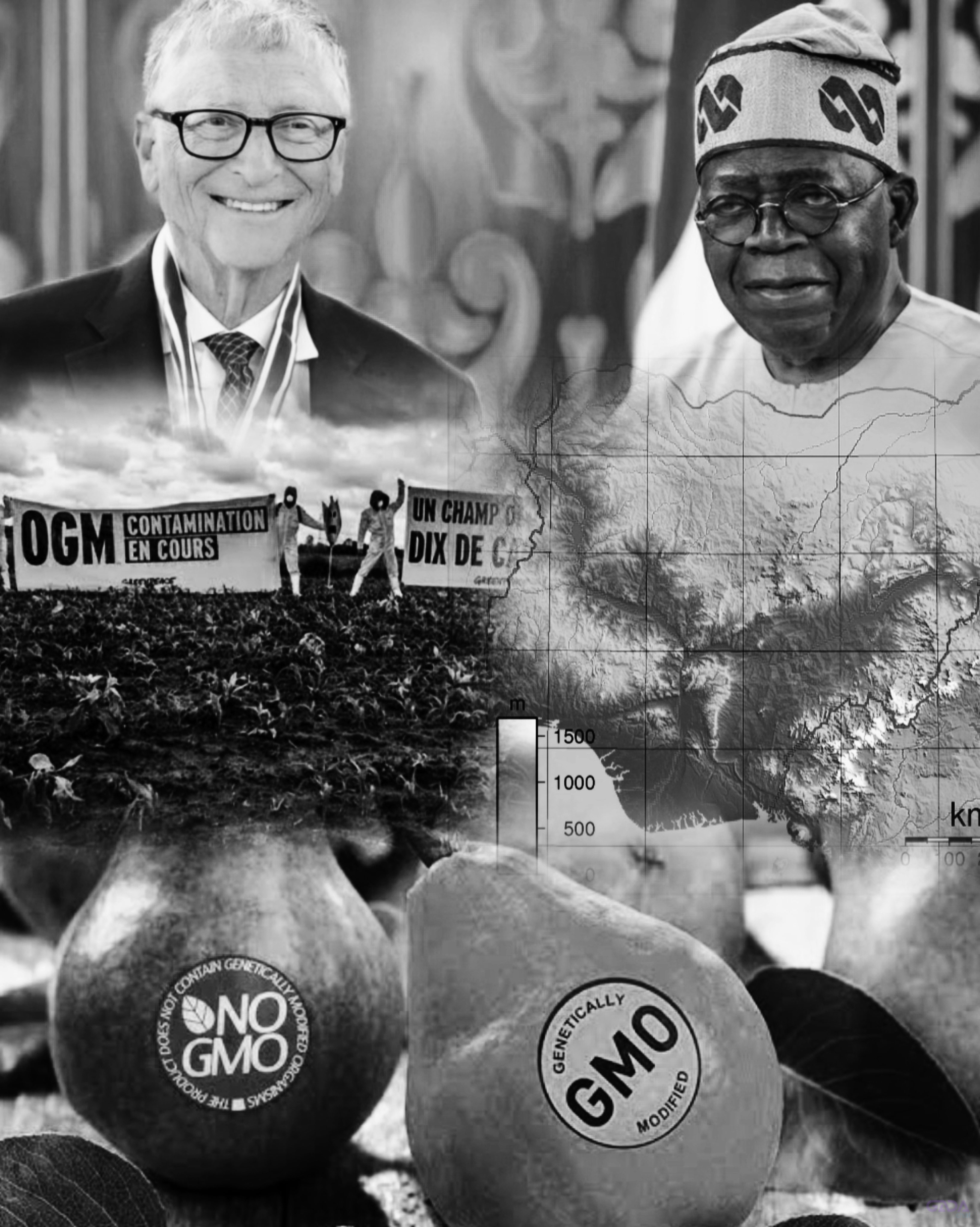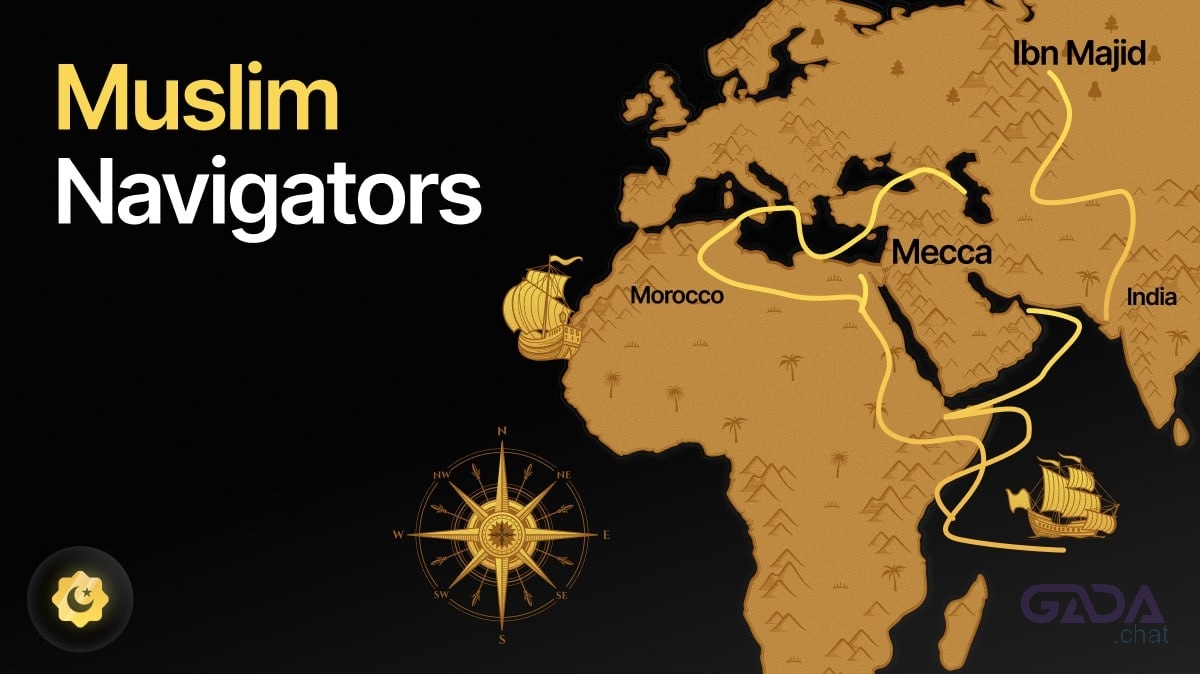The Tale of Alaafin Ajaka and Sango: A Story of Brotherhood, Power, and Legacy in Yoruba History
The Beginning: Ajaka’s Peaceful Reign
In the early history of the Oyo Empire, two royal brothers—Ajaka and Sango—would leave a lasting imprint on Yoruba culture, history, and mythology. Both were sons of Oranyan, the founder of the Oyo Empire and a descendant of Oduduwa, the legendary progenitor of the Yoruba people.
Ajaka, the elder of the two, inherited the throne of Oyo as Alaafin (king). He was known for his calm, diplomatic, and non-aggressive nature. Unlike many of his predecessors who expanded their territory through warfare and power politics, Ajaka chose to rule through peace, tolerance, and dialogue. He emphasized internal development, peaceful coexistence with neighbors, and restraint in conflict.
However, his peaceful disposition was not well received in a time when strength, military might, and fear were key instruments of governance. His preference for peace was seen by many warriors and chiefs as a weakness, and this sentiment began to grow among the influential Oyo Mesi—the council of kingmakers tasked with keeping the Alaafin in check.
The Dethronement of Ajaka
Tension eventually boiled over when Ajaka refused to respond aggressively to provocations from surrounding kingdoms, especially the powerful Owu kingdom. When he avoided military confrontation with Owu and instead sought peaceful negotiation, the Oyo Mesi perceived this as a betrayal of Oyo’s warrior heritage and military dominance.
The Oyo Mesi, led by Bashorun (the head of the council), used their constitutional power to dethrone Ajaka, sending him into exile. His removal was seen as a corrective measure to restore the authority and reputation of the Oyo throne.
In his place, the council sought someone with a fiery and commanding presence—Ajaka’s younger brother, Sango, who had been building a name for himself in Nupe country.
The Rise of Sango
Sango was everything Ajaka was not. Where Ajaka was calm and diplomatic, Sango was bold, impulsive, and strong-willed. Trained as a warrior and rumored to possess supernatural powers, he had become famous for his magical control of lightning and thunder. He was charismatic, fearless, and deeply respected by military leaders.
When he took the throne, Sango launched campaigns of expansion, reasserting Oyo’s dominance. Under his rule, Oyo’s military power grew, and he appointed great generals such as Timi Agbale Olofa-Ina and Gbonka, who were instrumental in enforcing Sango's authority.
But while Sango’s military might restored the glory of the Oyo Empire, his fiery temper and growing pride became his downfall. According to legend, Sango’s magical powers, which he used to call down thunder, accidentally caused a fire that consumed part of his palace. In one version of the tale, he was overcome by guilt and shame and hung himself. In another, he disappeared into the heavens, transforming into an Orisha (deity)—thus becoming the god of thunder and lightning in the Yoruba religion.
Ajaka's Return to the Throne
After Sango’s mysterious and tragic end, the Oyo Mesi, now more cautious, looked to the past for stability. They recalled Ajaka from exile and offered him the throne once again, making him one of the very few monarchs in Yoruba history to rule twice.
This time, Ajaka returned not as a soft ruler, but as a wiser and more assertive king. He had learned from the past and chose to balance peace with strength. While still diplomatic, he no longer tolerated insubordination or external threats without consequence. His second reign was marked by moderation, growth, and a restored sense of unity in the empire.
Legacy and Significance
The story of Ajaka and Sango is more than a tale of two brothers—it is a study in the contrast between peaceful diplomacy and militaristic power, between restraint and aggression, between myth and history.
Sango’s deification and Ajaka’s rare return to the throne show how Yoruba culture weaves human leadership with spiritual symbolism, highlighting that no ruler is perfect, and no form of leadership is absolute. Ajaka’s patience and evolution into a more assertive king suggest that wisdom sometimes lies in waiting, while Sango’s fiery rise and divine transformation reflect the power of passion and destiny.
What Do You Know About This Story?
This account is drawn from a blend of oral history, myth, and recorded tradition. Different regions and families may tell it differently. Some say Sango never died but became a god. Others say Ajaka ruled for many more years in peace. What version have you heard?
What do you know about the story of Ajaka and Sango? What lessons do you think it teaches about leadership, power, and legacy in Yoruba history?
The Tale of Alaafin Ajaka and Sango: A Story of Brotherhood, Power, and Legacy in Yoruba History
The Beginning: Ajaka’s Peaceful Reign
In the early history of the Oyo Empire, two royal brothers—Ajaka and Sango—would leave a lasting imprint on Yoruba culture, history, and mythology. Both were sons of Oranyan, the founder of the Oyo Empire and a descendant of Oduduwa, the legendary progenitor of the Yoruba people.
Ajaka, the elder of the two, inherited the throne of Oyo as Alaafin (king). He was known for his calm, diplomatic, and non-aggressive nature. Unlike many of his predecessors who expanded their territory through warfare and power politics, Ajaka chose to rule through peace, tolerance, and dialogue. He emphasized internal development, peaceful coexistence with neighbors, and restraint in conflict.
However, his peaceful disposition was not well received in a time when strength, military might, and fear were key instruments of governance. His preference for peace was seen by many warriors and chiefs as a weakness, and this sentiment began to grow among the influential Oyo Mesi—the council of kingmakers tasked with keeping the Alaafin in check.
The Dethronement of Ajaka
Tension eventually boiled over when Ajaka refused to respond aggressively to provocations from surrounding kingdoms, especially the powerful Owu kingdom. When he avoided military confrontation with Owu and instead sought peaceful negotiation, the Oyo Mesi perceived this as a betrayal of Oyo’s warrior heritage and military dominance.
The Oyo Mesi, led by Bashorun (the head of the council), used their constitutional power to dethrone Ajaka, sending him into exile. His removal was seen as a corrective measure to restore the authority and reputation of the Oyo throne.
In his place, the council sought someone with a fiery and commanding presence—Ajaka’s younger brother, Sango, who had been building a name for himself in Nupe country.
The Rise of Sango
Sango was everything Ajaka was not. Where Ajaka was calm and diplomatic, Sango was bold, impulsive, and strong-willed. Trained as a warrior and rumored to possess supernatural powers, he had become famous for his magical control of lightning and thunder. He was charismatic, fearless, and deeply respected by military leaders.
When he took the throne, Sango launched campaigns of expansion, reasserting Oyo’s dominance. Under his rule, Oyo’s military power grew, and he appointed great generals such as Timi Agbale Olofa-Ina and Gbonka, who were instrumental in enforcing Sango's authority.
But while Sango’s military might restored the glory of the Oyo Empire, his fiery temper and growing pride became his downfall. According to legend, Sango’s magical powers, which he used to call down thunder, accidentally caused a fire that consumed part of his palace. In one version of the tale, he was overcome by guilt and shame and hung himself. In another, he disappeared into the heavens, transforming into an Orisha (deity)—thus becoming the god of thunder and lightning in the Yoruba religion.
Ajaka's Return to the Throne
After Sango’s mysterious and tragic end, the Oyo Mesi, now more cautious, looked to the past for stability. They recalled Ajaka from exile and offered him the throne once again, making him one of the very few monarchs in Yoruba history to rule twice.
This time, Ajaka returned not as a soft ruler, but as a wiser and more assertive king. He had learned from the past and chose to balance peace with strength. While still diplomatic, he no longer tolerated insubordination or external threats without consequence. His second reign was marked by moderation, growth, and a restored sense of unity in the empire.
Legacy and Significance
The story of Ajaka and Sango is more than a tale of two brothers—it is a study in the contrast between peaceful diplomacy and militaristic power, between restraint and aggression, between myth and history.
Sango’s deification and Ajaka’s rare return to the throne show how Yoruba culture weaves human leadership with spiritual symbolism, highlighting that no ruler is perfect, and no form of leadership is absolute. Ajaka’s patience and evolution into a more assertive king suggest that wisdom sometimes lies in waiting, while Sango’s fiery rise and divine transformation reflect the power of passion and destiny.
What Do You Know About This Story?
This account is drawn from a blend of oral history, myth, and recorded tradition. Different regions and families may tell it differently. Some say Sango never died but became a god. Others say Ajaka ruled for many more years in peace. What version have you heard?
What do you know about the story of Ajaka and Sango? What lessons do you think it teaches about leadership, power, and legacy in Yoruba history?













